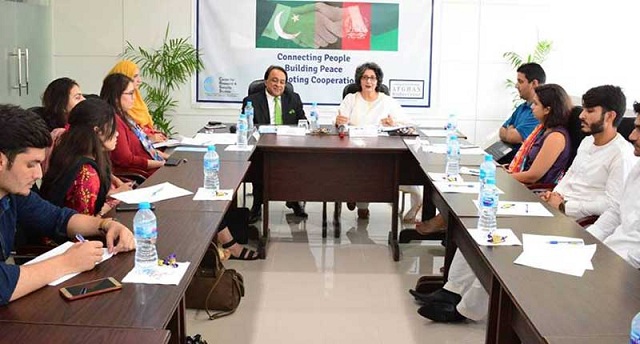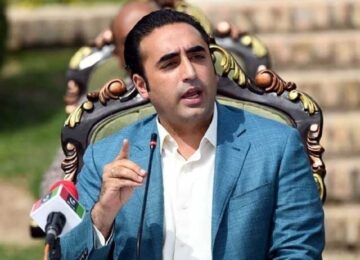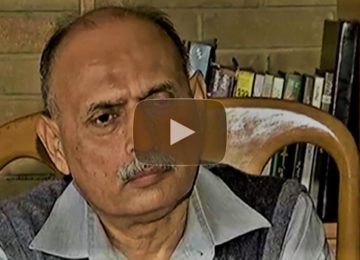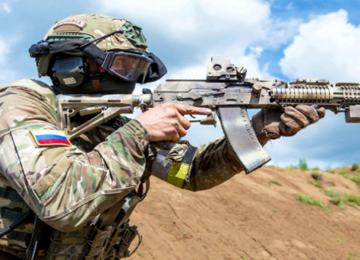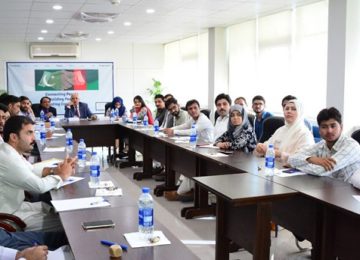Former ambassador Seema Ilahi Baloch says the delegation witnessed unusual optimism in Kabul last month.
Following their agreement on Afghanistan Pakistan Action Plan for Peace & Solidarity (APAPPS) as a framework for engagement, relations between the two countries seem to be on the mend – at least for now.
Clear signs of a growing cooperation between the US-Pakistani militaries also seem to be influencing the Pak-Afghan relations positively.
Former ambassador Seema Ilahi Baloch thinks all this augurs well for peace in Afghanistan.
This bilateral agreement has been a result of the long awaited willingness from both sides to work together and seek solutions for critical issues faced by both countries, Seema Ilahi Baloch said, while addressing the 14th Pak-Afghan Youth Dialogue – a joint initiative of the Centre for Research & Security Studies (CRSS) and the Afghan Studies Centre.
Seema, who recently attended a CRSS-led Track 11 Beyond Boundaries dialogue at Kabul, stated that the delegation witnessed unusual optimism in Kabul last month, particularly in its meeting with an Afghan CEO Dr Abdullah Abdullah, Opposition Leader Gulbuddin Hekmetyar and other Afghan officials.
The blame game has also significantly gone down; she pointed out and added that things on ground and the nature of engagement could dramatically change if both sides stuck to the new engagement framework.
She explained to the Pakistani and Afghan youth attending the workshop that under the new framework, both sides have agreed on a broad-based, structured engagement on issues of mutual interest and decided to operationalise five working groups which include political/diplomatic, military/intelligence, peace and solidarity, refugees and the working group for economic issues. Both sides realise that this will only be helpful once both governments start taking affirmative action within the five working groups under APAPPS.
Absence of action, however, could mean losing a great opportunity created by a mutually agreed document. The best both sides could do under the APAPPS is to keep the vested interests away from the dialogue process, the former ambassador underlined.
Both Afghanistan and Pakistan know that there is no alternative to peace, she said, underscoring that the narrative that, “Afghanistan’s stability depends on Pakistan,” works both ways as Pakistan’s stability also depends on Afghanistan. Unless the two countries work together, there will be no peace in this region, she added.
“We can only sustain the convergence of regional interests by putting geo-economics first, which implies that economic enhancement and connectivity, is the key for bilateral relations. This was also reaffirmed by Afghan President Ashraf Ghani and former prime minister Shahid Khaqan Abbasi in their April meeting.”
The theme of the youth dialogue ‘Pak-Afghan Bilateral Developments Under The New Framework Of APAPPS’ was attended by 22 participants, comprising young Afghan and Pakistani students and young professionals of Khyber Pakhtunkhwa, Islamabad, Dera Ismail Khan Bajaur and Waziristan, Mardan and Rawalpindi.
The young participants also welcomed the engagement between the two governments and hoped that acts of terrorism and violence will not hold it up. They agreed that the regional convergence of interests of international and regional players, such as US, China, Russia, and Iran on the growing threat of non-state actors such as Daesh required a coordinated effort by all countries.
This report originally appeared in Daily Times on July 21, 2018. Original link.



